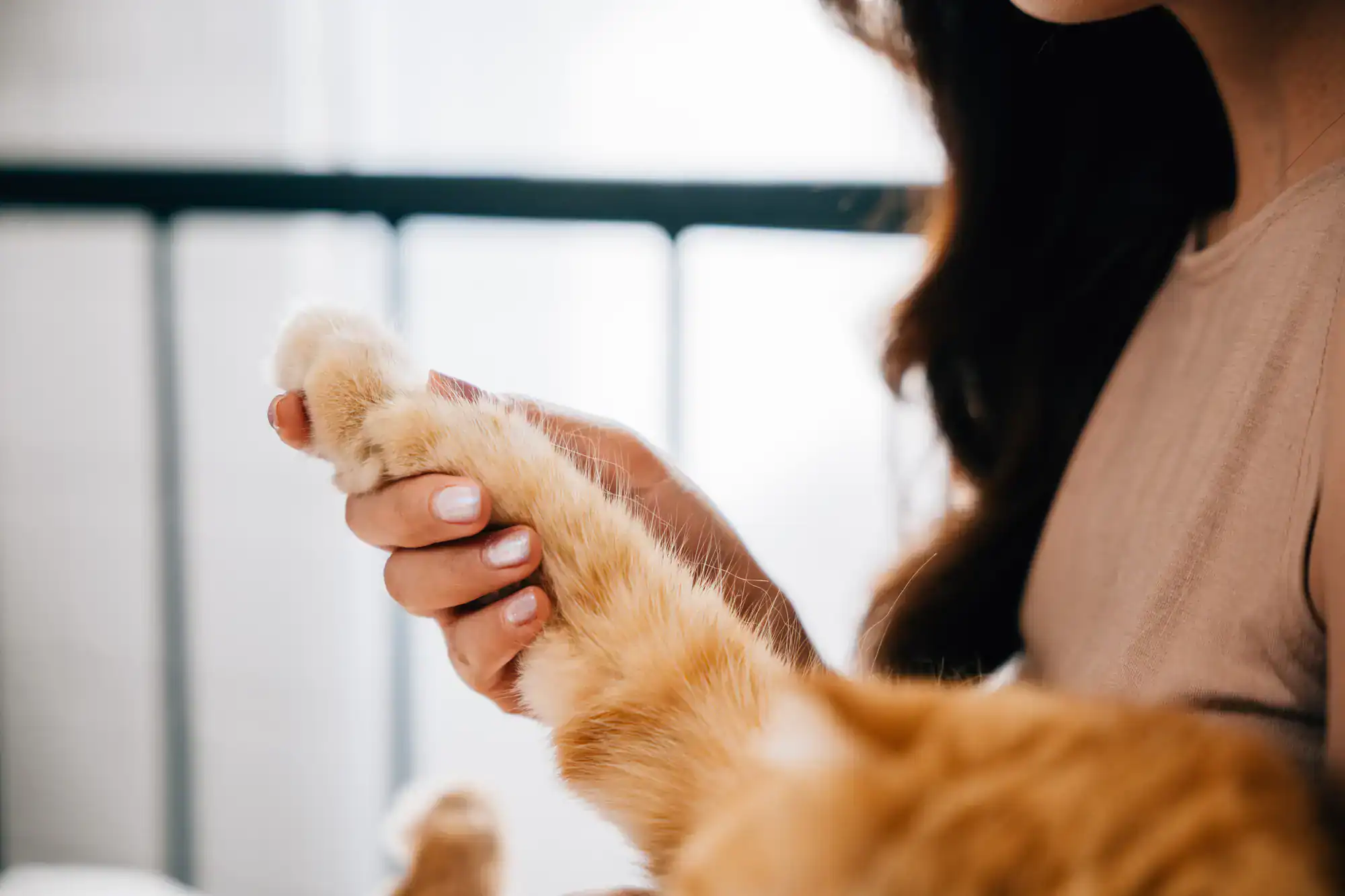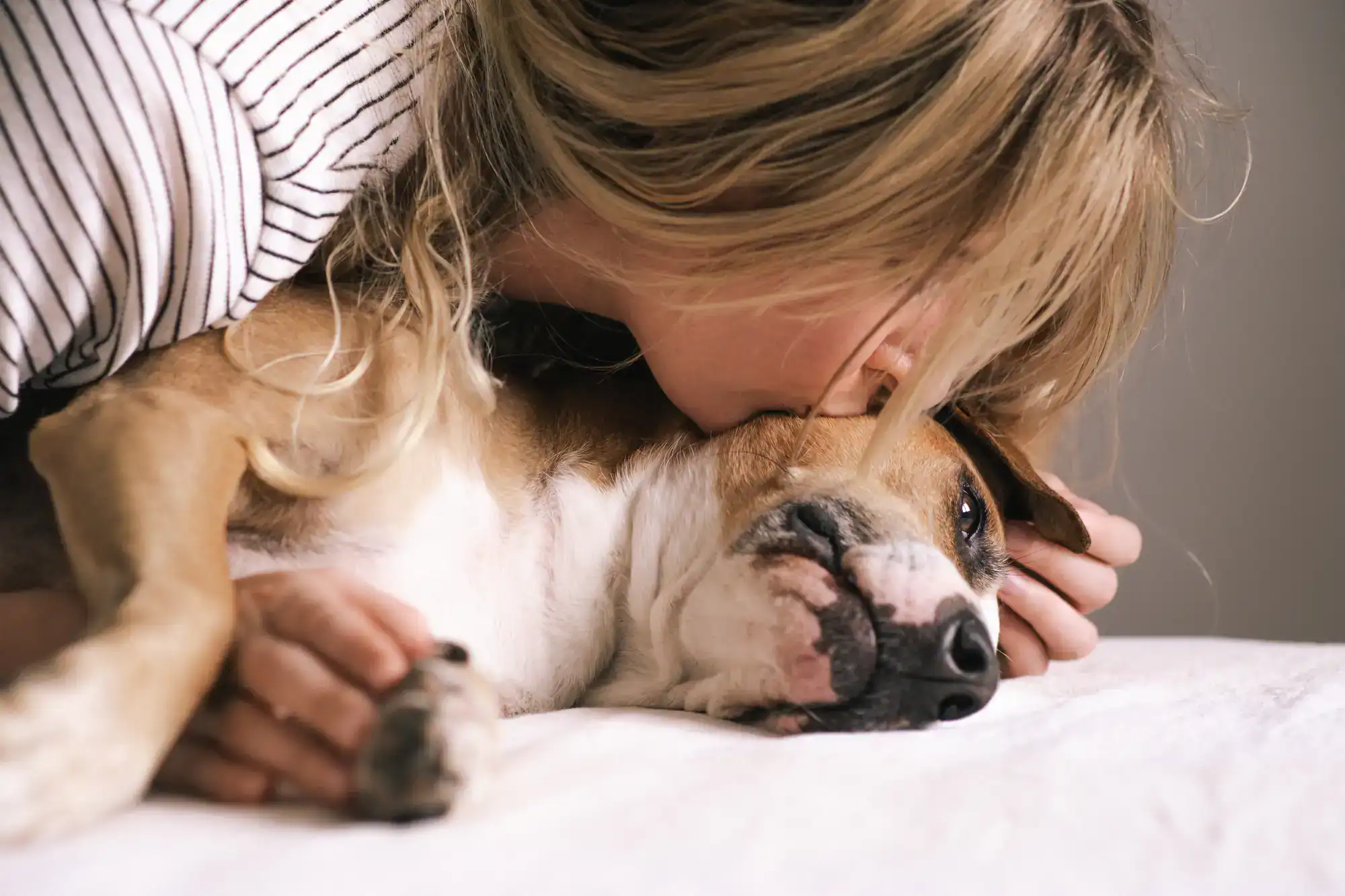Pet Loss Support in Baytown, TX
Real Support When You Need It Most
Compassionate guidance and grief counseling resources to help you navigate the difficult journey of pet loss in Baytown.

Hear from Our Customers

Pet Grief Counseling Baytown Texas
Losing a pet isn’t just losing an animal. You’re losing a family member who greeted you at the door, slept beside you, and shared your daily life for years.
The grief hits harder than people expect. One day you’re planning walks and vet visits, the next you’re staring at an empty food bowl wondering how to move forward. That’s not dramatic—that’s real.
You don’t need someone telling you “it’s just a pet.” You need someone who understands that your dog or cat was part of your routine, your comfort, your family. Someone who knows that pet loss support means acknowledging the genuine bond you shared and helping you process what comes next.
Crematory Services Baytown TX
We’ve served Baytown and Harris County families since 1989. We’re not newcomers to pet loss—we’ve walked alongside thousands of families during their most difficult moments.
What sets us apart in Baytown is simple: we understand that losing a pet affects everyone differently. Some people need time alone with their pet. Others want to talk through their feelings. Many need practical guidance about what happens next.
We’re members of the American Association for Pet Loss and Bereavement because we believe in professional standards for pet grief support. Our team includes two full-time veterinarians who understand both the medical and emotional aspects of pet loss.

Coping With Pet Loss Baytown
Pet loss support isn’t one-size-fits-all. Some people need immediate help making decisions. Others need ongoing support as they work through grief weeks or months later.
When you contact us, we start by listening. What’s happening with your pet? What are you most worried about? What questions keep you up at night? We don’t rush you or push you toward any particular decision.
If your pet is still with you but declining, we can discuss what to expect and help you prepare emotionally. If you’ve recently lost your pet, we focus on immediate support and connecting you with grief counseling resources that actually help.
Our pet portal system keeps you informed throughout any cremation process, so you’re never wondering what’s happening. Transparency reduces anxiety when you’re already dealing with enough emotional stress.

Ready to get started?
Pet Loss Resources Baytown TX
Real pet loss support goes beyond the day your pet passes. It includes helping you understand grief, connecting you with counseling resources, and providing ongoing support as you process your loss.
In Baytown, many families struggle because they don’t know where to turn for pet grief counseling. Your regular doctor doesn’t specialize in pet loss. Your family might not understand why you’re struggling weeks later. You need resources specifically designed for pet bereavement.
We connect families with certified pet loss grief counselors who understand the unique bond between pets and their owners. These professionals help you work through guilt, process your emotions, and find healthy ways to honor your pet’s memory.
We also provide information about local support groups, online grief resources, and memorial options that help you celebrate your pet’s life rather than just focusing on their death.

